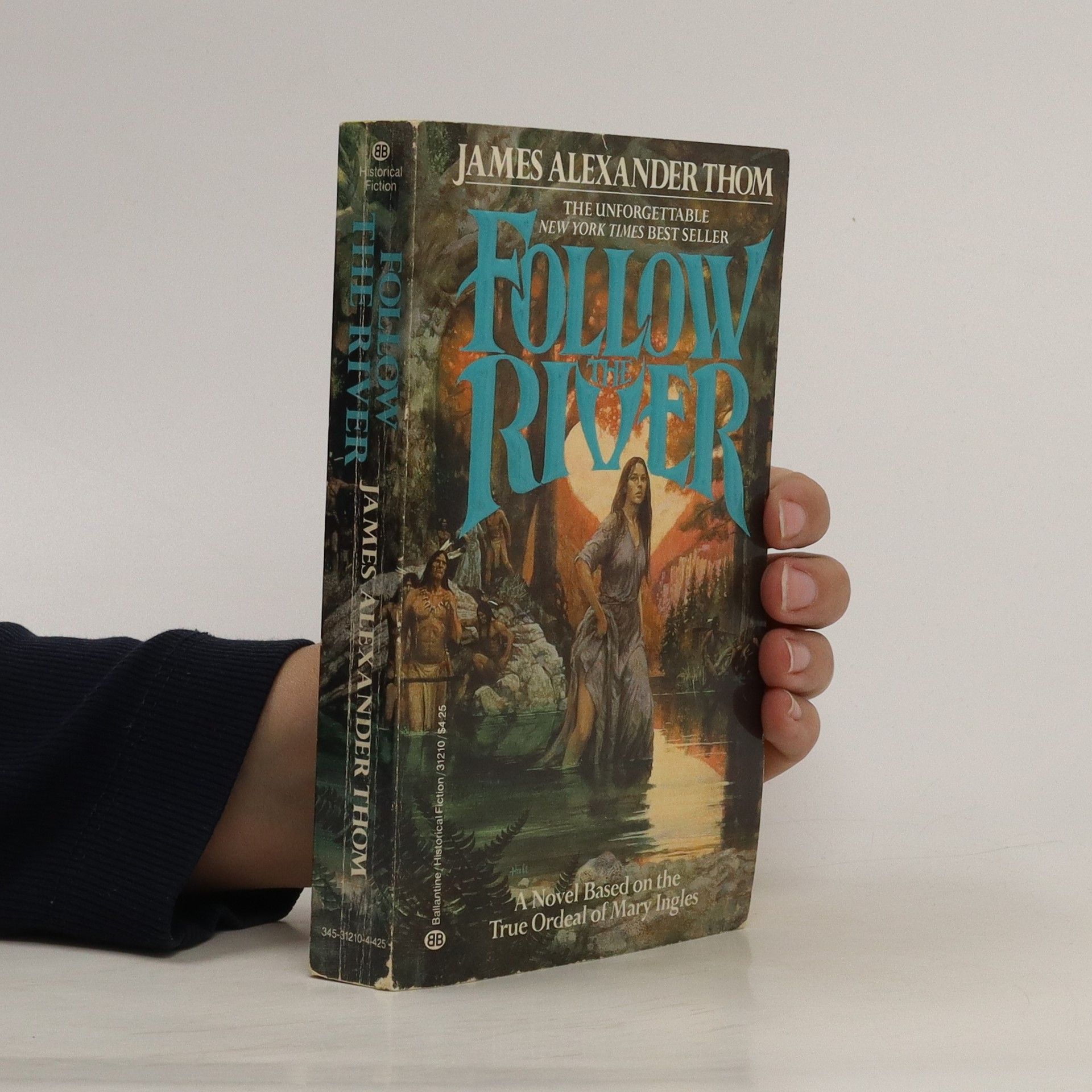Follow the River
- 406pages
- 15 heures de lecture
For use in schools and libraries only. Captured by the Shawnee Indians, Mary Ingles escapes and follows the Ohio River a thousand miles back to her home in Virginia.
James Alexander Thom est un auteur américain, surtout célèbre pour ses contributions au genre western. Son écriture explore souvent les thèmes de la solitude, de la survie et de la quête d'identité dans des paysages rudes. Le style de Thom se distingue par une recherche méticuleuse et un profond sens du lieu, immergeant les lecteurs au cœur de l'Ouest américain. À travers ses récits, il cherche à capturer l'essence de la frontière et l'esprit durable de ses habitants.





For use in schools and libraries only. Captured by the Shawnee Indians, Mary Ingles escapes and follows the Ohio River a thousand miles back to her home in Virginia.
Indiana's distinctive character balances agriculture with industry, tradition with innovation. It is a state of contrasts, in its natural terrain and in its populated regions. ""Indiana II"" portrays these contrasts at their best.
Tecumseh was in de 18e eeuw een van de grootste Indiaanse oorlogsleiders. Hij leidde zijn eigen volk de Shawnee en hun bondgenoten in de strijd om hun woongebied in het Noordoosten van de V.S. De schrijver heeft veel onderzoek gedaan naar de historische toedracht van deze strijd maar nog meer naar de mentaliteit en gedachtenwereld van die Indiaanse volken. Het boek is boeiend geschreven en vertelt op een eenvoudige manier een stuk van de Amerikaanse geschiedenis. Vergelijk: 'Mary, geliefde vrouw van de Creeks' door Dee Brown (a.i. 81-01-052-4) dat over dezelfde periode handelt.